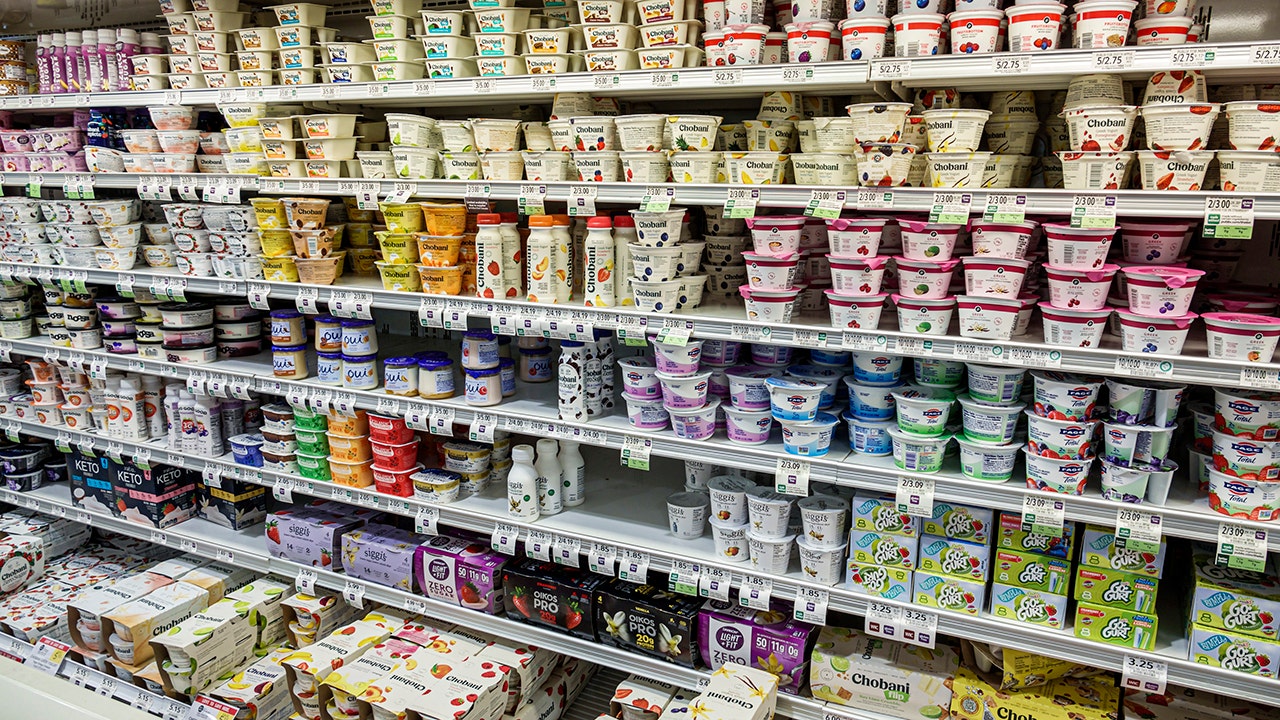Finance
Companies can claim yogurt reduces diabetes risk, FDA says

Yogurt companies can claim on labels their products may reduce the risk of Type 2 diabetes, the Food and Drug Administration (FDA) said.
In a letter posted last week, the FDA said it “does not intend to object to the use of certain qualified health claims regarding the consumption of yogurt and reduced risk of Type 2 diabetes.”
However, companies must ensure “the qualified health claims are worded so as not to mislead consumers, and that other factors for the use of the claim are met,” the agency continued.
The FDA determined there is “some credible evidence” that supports a relationship between yogurt intake and the reduced risk of Type 2 diabetes but that “this evidence is limited.”
DIABETES DRUG TESTED FOR WEIGHT LOSS COULD BE GAME CHANGER
“The association was based on yogurt as a food, rather than any single nutrient or compound in yogurt, regardless of fat or sugar content,” the FDA continued.
According to the FDA, two cups or three servings per week of yogurt is “the minimum amount for this qualified health claim.”
WEGOVY, OZEMPIC: THE BARRIERS TO ACCESSING THESE WEIGHT LOSS DRUGS
The FDA’s letter came in response to a petition submitted on behalf of Danone North America requesting that the agency review the use of a qualified health claim regarding the relationship between consumption of yogurt and reduced risk of Type 2 diabetes for all types of yogurts.
According to the FDA, a qualified health claim is supported by scientific evidence, but it doesn’t meet the rigorous “significant scientific agreement” standard that is required for an authorized health claim.
The American Diabetes Association (ADA) told FOX Business “yogurt can be a source of protein as part of the diabetes plate method.” It also noted that “low-fat options with less added sugar can contribute to a healthy eating pattern of healthy fats, protein and carbohydrates.”
Chobani CEO Hamdi Ulukaya tweeted that he believes yogurt can help reduce someone’s risk for Type 2 diabetes as long as the products are “made with good ingredients and true fermentation with wide range of live active cultures and probiotics.”
Read the full article here


















